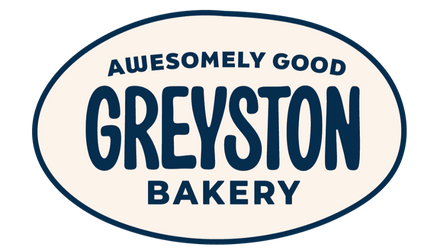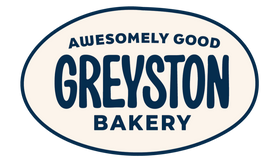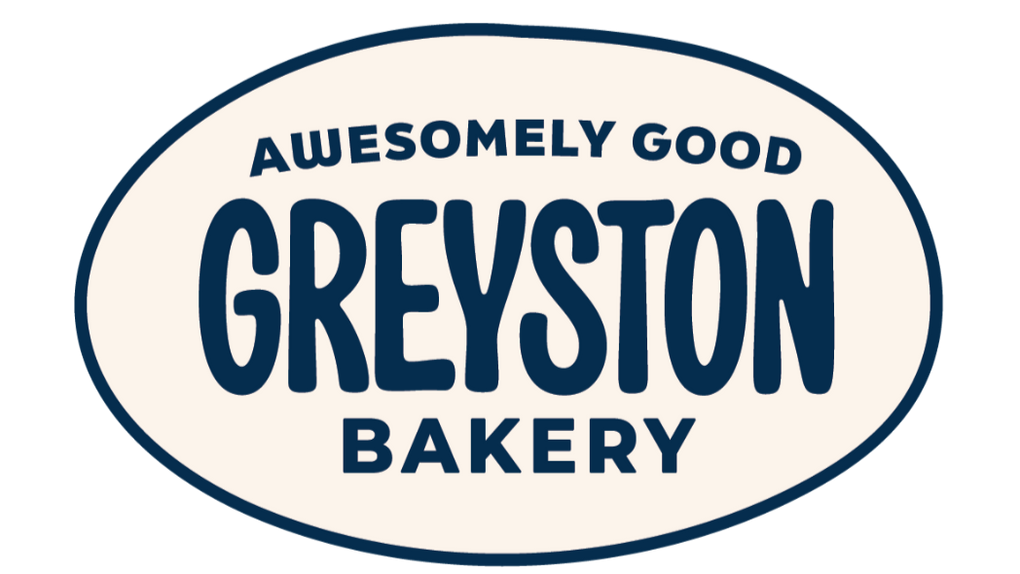Greyston’s Workforce Development Takes Yonkers by Storm
After spending just a few minutes in the offices of Greyston’s Workforce Development, you can get a clear sense of the place: they do it all.
The phone rings in a constant stream, and every five minutes or so, someone peeks their head in the door with a new question, comment, or concern. I’m sitting across from Ms. Harris, Manager of Development, who remains placid throughout the bursts of activity around her.
From training programs and internship opportunities to a “career closet” full of interview-approved outfits, Workforce Development offers an expansive set of services that aim to prepare people for employment.
When asked about the program’s objective, Ms. Harris’s response mirrors the mission that drives all of Greyston’s programs; “You’re here for a community goal, and that community goal is to help someone else.”
In addition to offering education that earns individuals a high school equivalency diploma, Workforce Development provides five training opportunities, including programs in customer service, building maintenance, culinary arts, security guard work, and office aid training. Each program is ten weeks long, with a class size of about ten to fifteen people, and an age range of eighteen to sixty. Each of these programs are specifically developed with “felony-friendly” careers in mind, that is, job positions that are more lenient in hiring those with a blemished background.
As with any Greyston endeavor, the ultimate goal of these programs is to create self-sufficiency among the residents of Yonkers.
“We don’t teach them that we get them jobs,” says Ms. Harris, “we teach them how to get a job.”
The opportunities offered through the Workforce Development programs are always evolving to match the needs of the community. One of the program’s newest ventures, which started September of this year, is the Greyston Rangers Transitional Employment Program. Ranger Supervisor, Albert Dalipi, leads a team of workers made up of veterans and seniors, who clean up the streets of Yonkers in an effort to “beautify” community spaces like Getty Square. This maintenance of the city is a key part of what Albert sees as a process of transforming how people view Yonkers.
“We’re trying to change the culture of the place,” he says.
As for the future of Greyston’s Workforce Development, Ms. Harris has big plans. Her primary goal is to include more transition programs to aid individuals in their move from program training participant to full-time employee. With new programs already in the works, her sights are set high for the possibility of future opportunities that can be offered to the community.
In-tune with the needs and capabilities of Yonkers residents, Greyston Workforce Development is an invaluable resource for the city. As its programs continue to grow and mold to serve the community, we look forward to seeing more individuals attain self-sufficiency and thrive in their selected careers.


